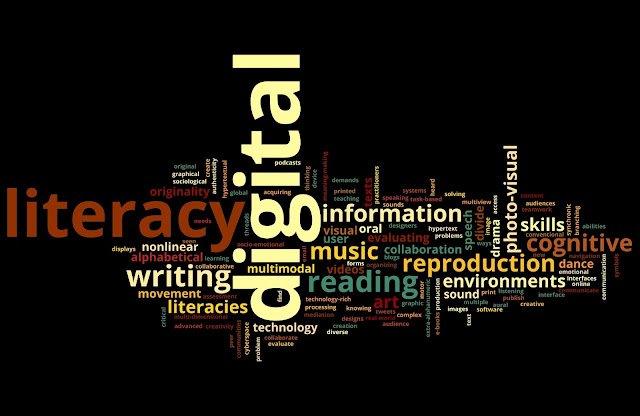Greetings! Welcome to A Community of Practice , an education blog created to share ideas, research, and practices for creating community in digital learning. For those of you who I’ve not met yet, my name is Zack Cyphers. I am an education and technology specialist at the National Museum of the US Army. Everyone always asks, “where is that?” I’ll explain: The Army is the only branch of the military without a national museum, and when construction is finished in 2019, the Army’s art and artifact collections will move into a beautiful new facility on Fort Belvoir in Virginia (down the road from Mount Vernon). Right now I’m helping to write and produce education programs, games, videos, tours, guides, and interactives, so that visitors will have some great experiences when the museum opens. I studied film and media arts at Temple University in Philadelphia, where I taught documentary filmmaking to high school kids in a “second chance” diploma recovery program. My students shot a








